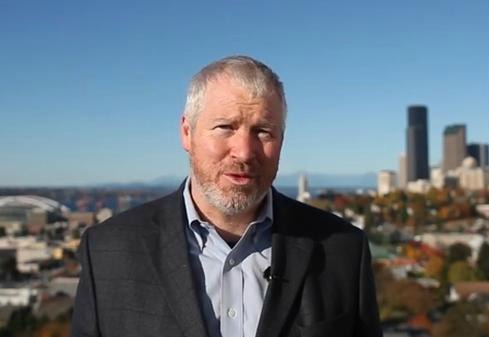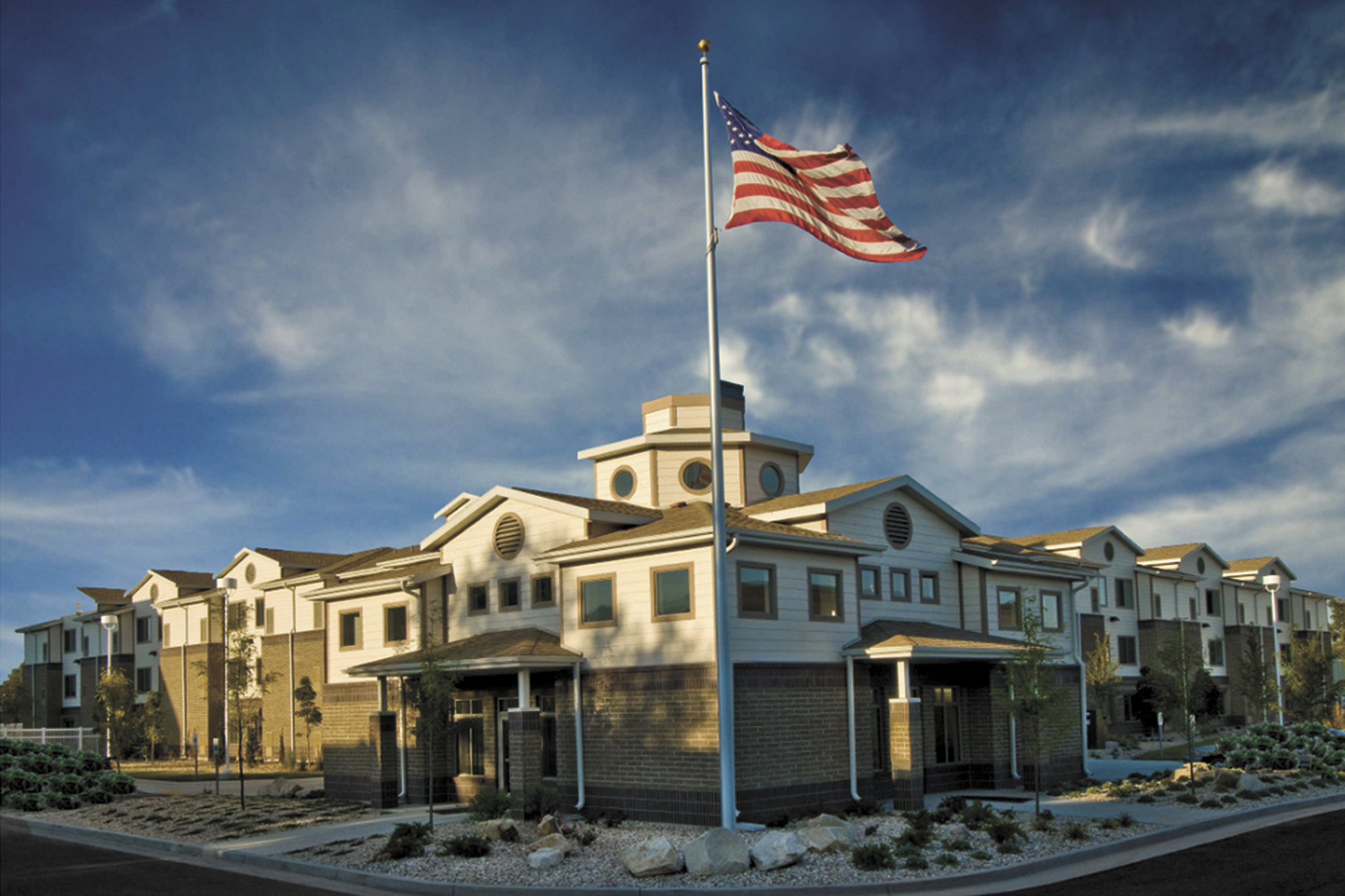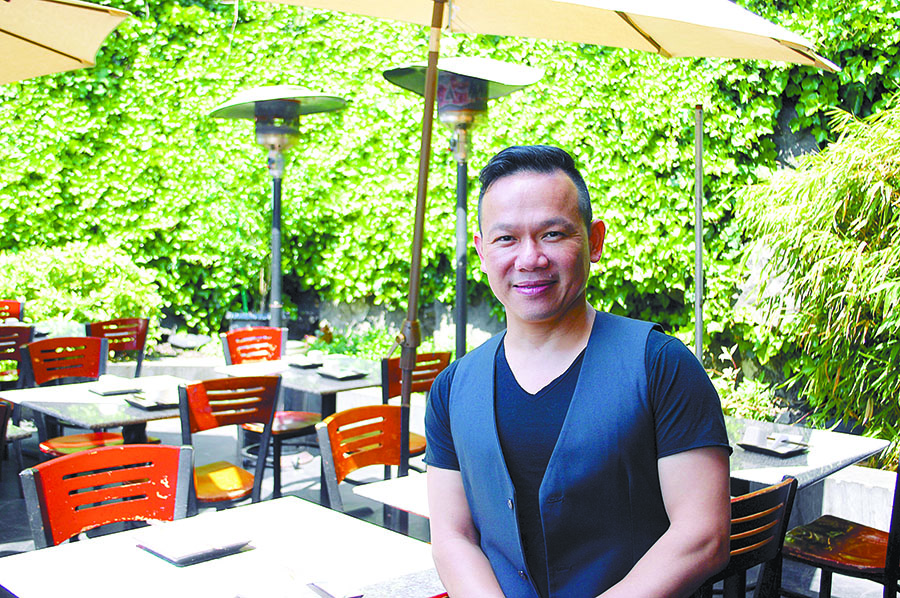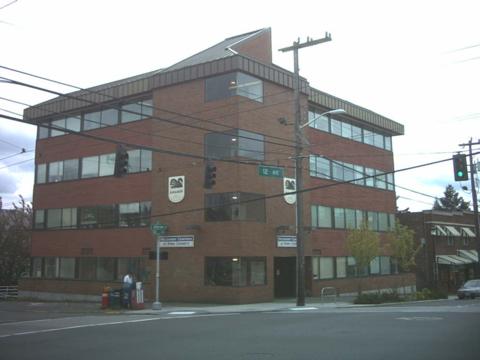Back in May, Seattle P-I’s venerated political columnist Joel Connelly correctly observed that Mayor Mike McGinn was “the wolverine of Seattle’s 2013 election,” a man tenaciously guarding his turf, willing to wage a fierce, relentless fight to hold on to the office he barely won four years ago.
This is a not bad thing. Wolverines are, after all, powerful, fearless, versatile. They don’t often lead by consensus, and they are not to be trifled with. When threatened, they bare teeth, snarl and retaliate.
Best steel yourself, Mr. Murray, Hizzoner is on to you, and a double-digit deficit in the polls can bring out the beast in most any underdog pol.
Expect McGinn to continue to chew away at the unpaid UW parking tickets, the alleged embezzler (on Murray’s watch) from the Senate Democratic Campaign Committee, and the more recent revelations of political action committee chicanery involving the Seattle Chamber of Commerce, who endorsed the state senator. We’ll get to all this later. What’s clear in these waning days of the election is that McGinn has had it with Ed Murray, and win or lose, he intends to knock him down a peg – and hope someone, anyone, is listening when he does. The mayor has his Irish up and he’s plainly fed up that the 18-year Olympia lawmaker is coasting, having run a campaign whose underpinning is that he is not Mike McGinn.
At the KING 5 debate Oct. 9, Murray pretty much summed up his raison d’etre for taking on the incumbent when, unblinkingly, he said, “I am not going to debate my opponent’s progressive values. It’s an issue of effectiveness.”
A few days before, in his so-called “Vision Speech,” at the Columbia City Theater, Murray stuck with the bland, risk-free message that has guided his handler-heavy campaign from the outset. “We live in a city with a progressive spirit,” he said, “a spirit that is built around the idea that ‘we’re better off together’ rather than ‘we should play the politics of division.’ The people of Seattle have always worked best by working together.”
From McGinn’s vantage point, these incessant paeans to togetherness (Murray used the words “together” or “togetherness” 26 times in the “vision” speech) have grown old and stale. Like an exhausted volcano, this is a race played out, entirely consumed with style and personality. The narrative is redundant, pedestrian: Ed plays nicer than Mike. He’s more effective than Mike, a better listener than Mike. Actual issues have fallen by the wayside, leaving voters to choose between a rabble-rousing movement politician and a flash-challenged old-Seattle pragmatist.
The Murray campaign was built to offend no one. It dares to be dull. There’s no crackle or pop. It is robotic and cautious as a diamond cutter. Press events consist mainly of trotting out the latest litany of endorsements. As Crosscut’s Knute Berger put it so well in an Oct. 4 column, “McGinn generates enthusiasm for what he is, Murray for what he is not. McGinn doesn’t seek to make us comfortable. Murray wants to tone things down.”
McGinn is a cowboy, a high plains drifter – and he’s in a hurry, impatient: More bike lanes and buses and street cars – and now – stop the coal trains, build a basketball arena, stop global warming. Sancho, my horse, my armor!
In a recent story about how the majority of the city council had defected to Murray, Councilman Nick Licata told Seattle Weekly
, “I just think McGinn gets under people’s skin. He doesn’t have a lot of finesse in the political world…He’s a guy who comes into a meeting, throws out a lot of good ideas, and then walks out of the room.” That, infers the longtime council member, is not something one does in polite get-along, go-along Seattle.
If McGinn is the class cut-up, Murray is the hallway monitor. He wants to slow things down, study it, bring all the stakeholders to the table. He talks of holding summits on this pressing problem and that within the first 100 days of taking office. Surrounded by former aides and campaign staffers of ex-Mayor Greg Nickels, many of who want back in power, Murray is all about incrementalism, making sure everyone is aboard the train (see gay marriage) before pulling out of the station.
The time grows short for McGinn to turn things around. Will it be his last hurrah? Only about 20 percent of the Seattle’s 400,000-plus voters have mailed in their ballot, and the mayor’s campaign team believe there’s perhaps a quarter of the electorate who remain undecided. So, opportunities exist. Hence, the urgency in altering the narrative.
It began earlier this month when McGinn pounced on Murray’s attempt to avoid blame for the disappearance of $300,000 by the director of a Democratic campaign committee Murray co-chaired.
At a new conference at his campaign headquarters, McGinn called Murray’s muddled response to the theft of funds, “very, very troubling and a real insight into his character as an executive and leader.”
Then came the parking tickets, offering another chance for the McGinn camp to dig its hooks into Murray.
Murray got irritated in October 2010 when confronted with an old parking ticket at the University of Washington, recently released records show. The tickets amounted to $60 with late fees, which Murray refused to pay, The Seattle Times reported earlier this week.
“He’d stopped by the UW parking office to pick up new parking passes he needed as a UW employee but was told he first needed to resolve the old violation,” Times political reporter Jim Brunner wrote. “In an email to parking officials, Murray complained he’d been unaware of the ticket, which hadn’t come up the last time he picked up parking passes. He wrote that he only would have been on campus in 2008 ‘in my capacity as Washington State Senator.’ Since I have no intention of paying for a violation I have no knowledge of and since you are unwilling to sale [sic] me parking passes, please cancel my UPASS. I will buy parking in the area and drive to work every day,’ Murray wrote in the Oct. 7, 2010, email.”
Murray was hired by the UW in 2009, the paper noted, for a part-time job as an outreach coordinator to neighborhoods about the university’s expansion plans. The job paid $50,000 a year, in addition to his $42,000 legislative salary.
McGinn’s team jumped all over the story.
In an email to Seattle Weekly, campaign Aaron Pickus wrote, “The senator’s unwillingness to take responsibility for his parking tickets mirrors his unwillingness to accept responsibility for the embezzlement of at least $300,000 on his watch at the SDCC. He also refused to accept that the DV (domestic violence) ad supporting his campaign is false and he blames Wall Street for Olympia’s failure to fund education…He has a pattern of acting like the rules don’t apply to him.”
Then, yesterday,
following solid reporting from Publicola, came news that the Seattle Ethics and Elections Commission fined the Civic Alliance for a Sound Economy (CASE), the political arm of the Seattle Chamber of Commerce, $1,500 for violating city election law when it accepted a $15,000 check from South Lake Union developer Vulcan, which asked that the money be turned over to People for Ed Murray, an independent expenditure campaign, for use in the primary election.
The McGinn campaign filed complaints against both CASE and People for Ed Murray, charging that the two groups colluded to hide these facts.
In a statement, McGinn’s campaign manager John Wyble fumed, “I’ve been watching politics in Seattle for 25 years. I’ve never seen such a brazen level of coordination and concealment of donors in a mayor’s race. Will Ed Murray apologize to voters for his supporters concealing corporate donations?”
Whether any of this will resonate with voters in the next few days remains to be seen. What we do know, though, is that McGinn is not going down quietly. The wolverine is angry. He smells blood, and he has killer instincts.








